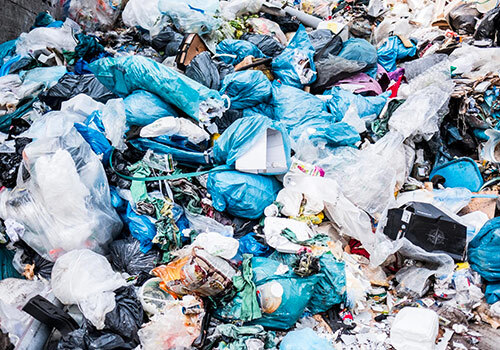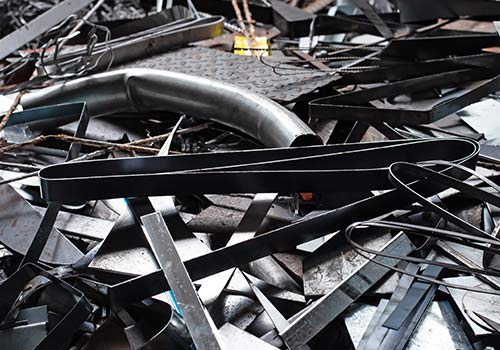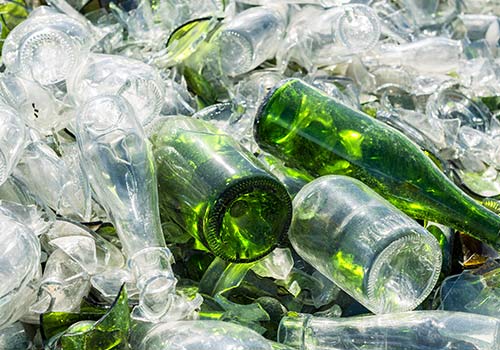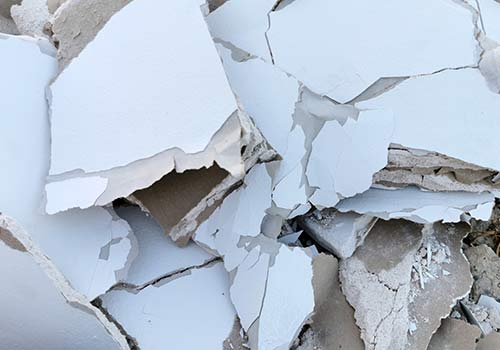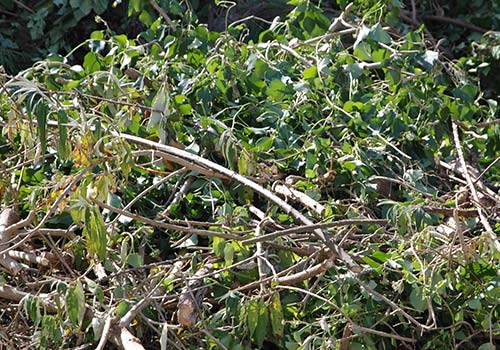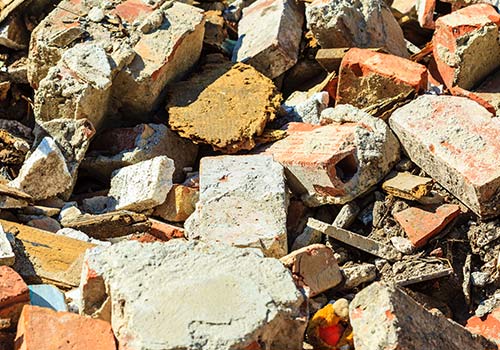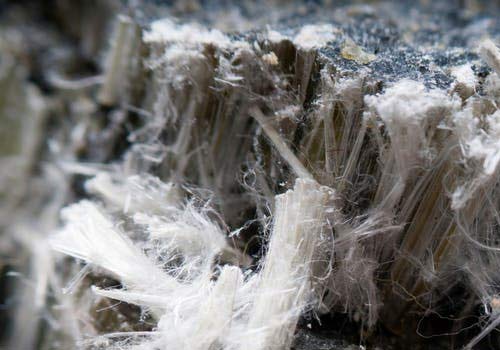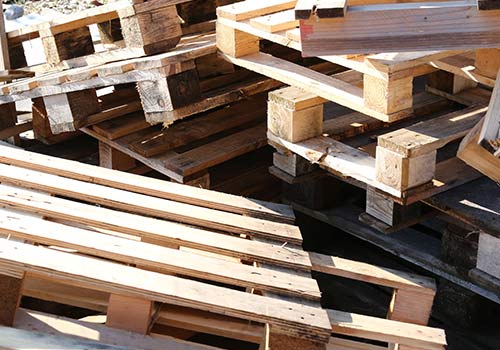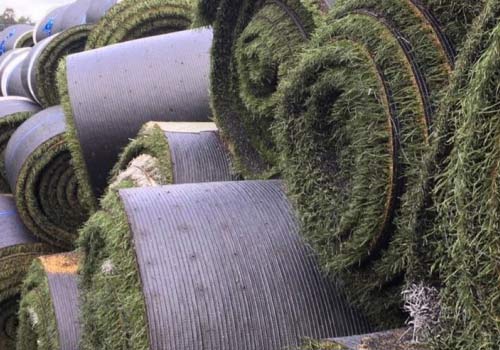Typically most skips all look the same, however the waste you can put in will be explicitly stated. The most common types of skips are for General Mixed Waste. This can be a variety of different items such as garden waste mixed with household waste. In certain circumstances, you may have only one type or waste or a type of waste which is considered specialist. Some specific types of rubber cannot be recycled and are considered ‘End of Life’ waste and if you have a lot of this, a specialist skip will be required. The good news is that by separating your waste into different types, you can often save money. Fully recyclable materials such as wood or metal are usually available at a lower cost than a general mixed waste skip.
Below are some of the more common types of skips:
